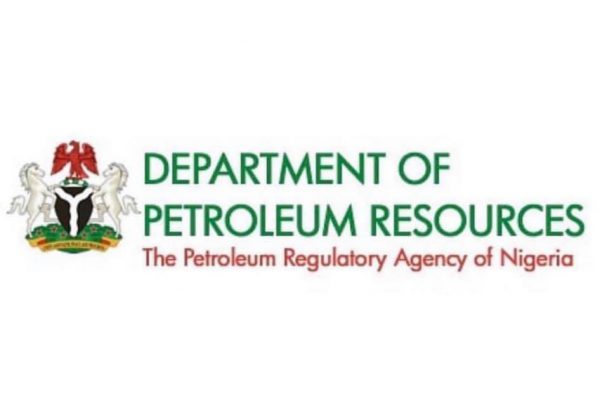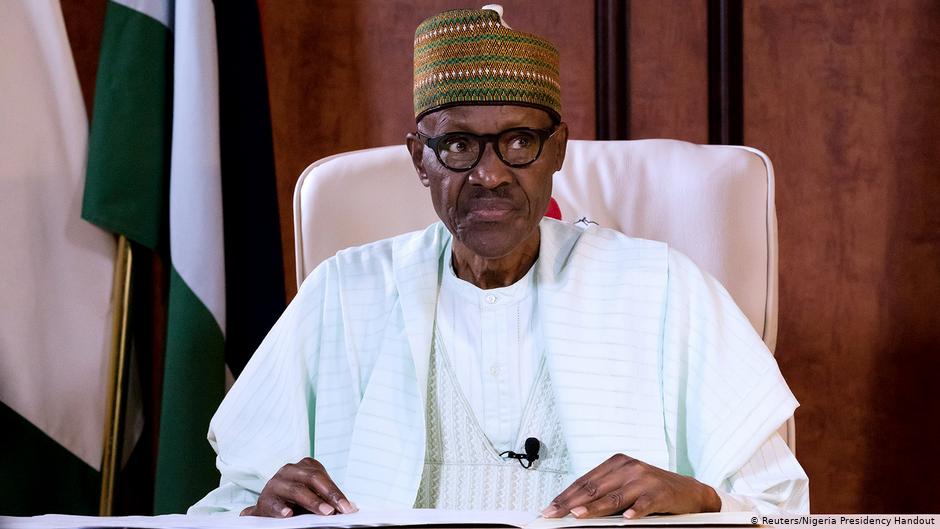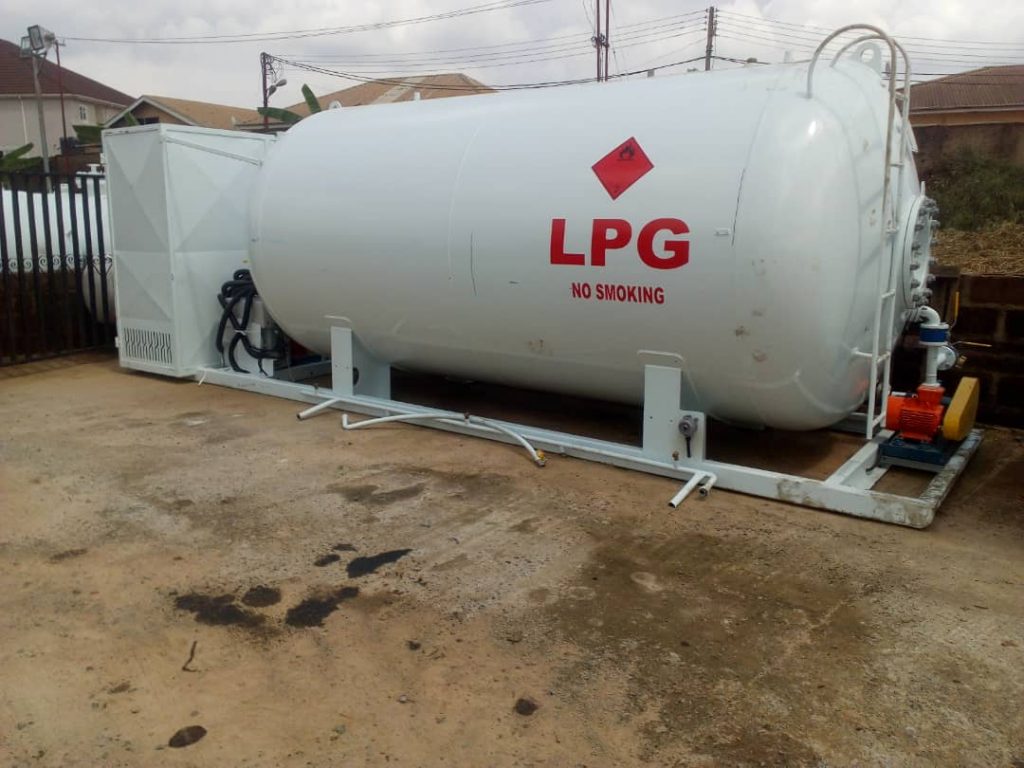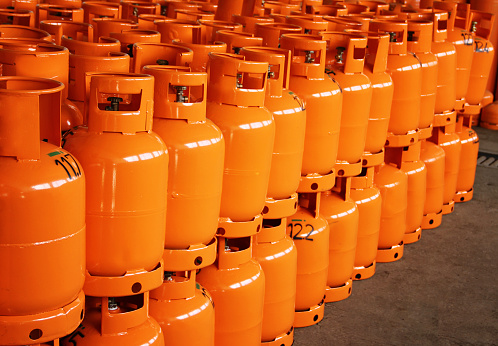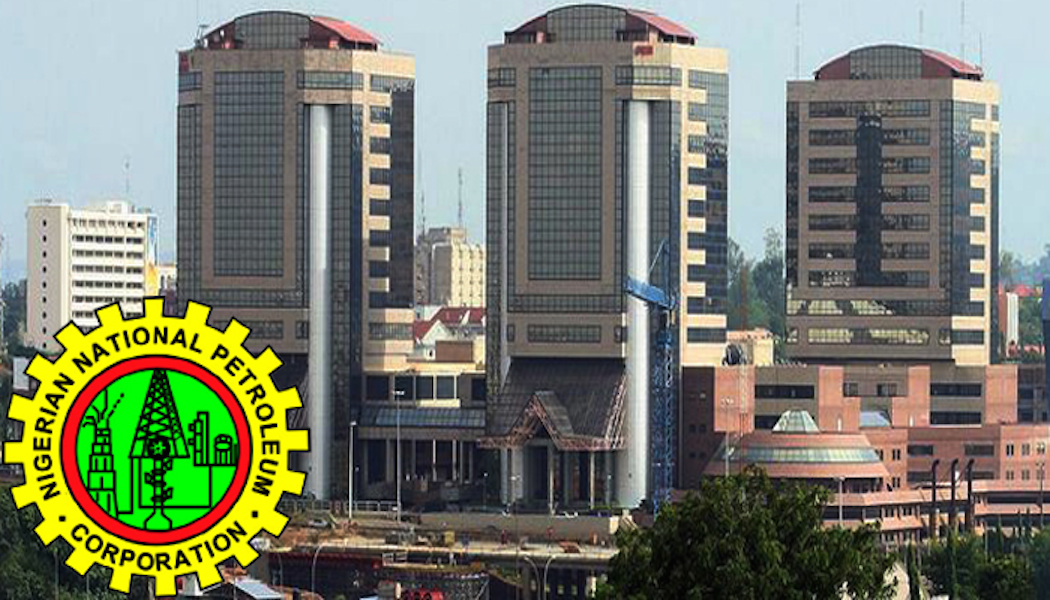Our previous blog post discussed the possibility of the government reintroducing value-added tax (VAT) which has been exempted within the LPG industry thus far. This awareness was met with resistance from the Nigerian Association of Liquefied Petroleum Gas Marketers (NALPGAM). However, it would seem that the resistance proved abortive and the reintroduction of this taxation policy has been reimplemented. The NALPGAM has explained that this will prove to be the main reason why cooking gas prices will continually increase as there is nothing to be done to reduce the effect on consumers.
The executive secretary of the association, Mr Bassey Essien made it known that the rising trend in the cost of cooking gas will continue if the Federal Inland Revenue Service (FIRS) and the Federal Ministry of Finance do not put a halt to this policy. The government had initially put a halt to taxation policy in the LPG industry with the full knowledge of its implication on the masses. Mr Essien also enunciated that if Nigeria is to enter the decade of Gas, as stated earlier this year, then cooking gas should be affordable to the average Nigerian. This is because some users of cooking gas were gradually reverting to the use of kerosene and firewood with the attendant health and environmental implications.
The government on the other hand asserts that VAT had to be reimposed on imported LPG to attract investments in local gas production. The government is losing investors which is dangerous in all spheres and puts a halt to the potential growth of local LPG in Nigeria. Of course, both parties have reasonable arguments for their decisions and assertions but like always the real people who suffer from this policy implementation are the Nigerian populace.
Do you the readers think there is a possibility that the LPG market in Nigeria will remain the same after this re-introduction of taxation to LPG? Let’s hear your thoughts in the comment session below.

